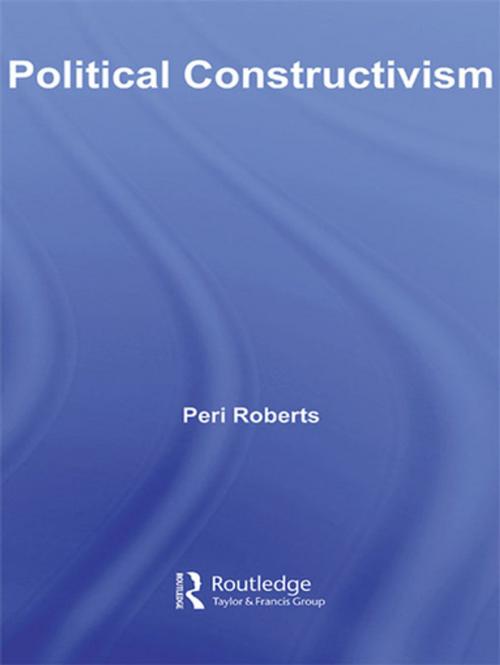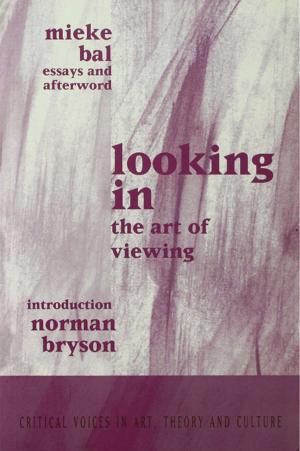Political Constructivism
Nonfiction, Social & Cultural Studies, Political Science, International, Foreign Legal Systems, Politics, History & Theory| Author: | Peri Roberts | ISBN: | 9781134299003 |
| Publisher: | Taylor and Francis | Publication: | October 25, 2007 |
| Imprint: | Routledge | Language: | English |
| Author: | Peri Roberts |
| ISBN: | 9781134299003 |
| Publisher: | Taylor and Francis |
| Publication: | October 25, 2007 |
| Imprint: | Routledge |
| Language: | English |
Political Constructivism is concerned with the justification of principles of political justice in the face of pluralism. Contemporary accounts of multiculturalism, pluralism and diversity have challenged the capacity of political theory to impartially justify principles of justice beyond the boundaries of particular communities.
In this original account, Peri Roberts argues that political constructivism defends a conception of objective and universal principles that set normative limits to justifiable political practice. Political Constructivism explores this understanding in two ways. Firstly, by engaging with constructivist thinkers such as John Rawls and Onora O’Neill in order to lay out a basic understanding of what constructivism is. Secondly, the author goes on to defend a particular account of political constructivism that justifies a universal primary constructivism alongside the many secondary constructions in which we live our everyday lives. In doing so he outlines an understanding of principled pluralism which accepts diversity whilst at the same time recognising its limits.
This volume will be of particular interest to students and researchers of political theory and political philosophy.
Political Constructivism is concerned with the justification of principles of political justice in the face of pluralism. Contemporary accounts of multiculturalism, pluralism and diversity have challenged the capacity of political theory to impartially justify principles of justice beyond the boundaries of particular communities.
In this original account, Peri Roberts argues that political constructivism defends a conception of objective and universal principles that set normative limits to justifiable political practice. Political Constructivism explores this understanding in two ways. Firstly, by engaging with constructivist thinkers such as John Rawls and Onora O’Neill in order to lay out a basic understanding of what constructivism is. Secondly, the author goes on to defend a particular account of political constructivism that justifies a universal primary constructivism alongside the many secondary constructions in which we live our everyday lives. In doing so he outlines an understanding of principled pluralism which accepts diversity whilst at the same time recognising its limits.
This volume will be of particular interest to students and researchers of political theory and political philosophy.















